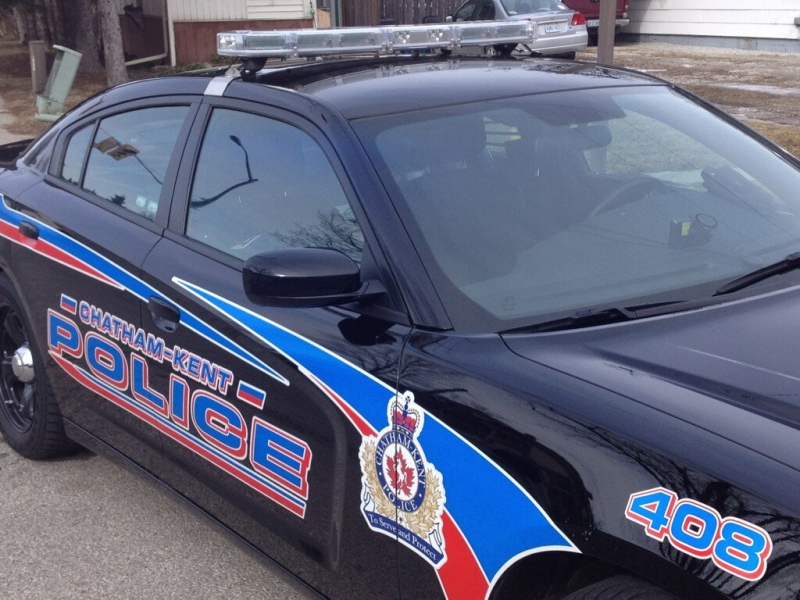The family of a Windsor teen who died of an apparent drug overdose is using his death to promote naloxone.
A funeral service was held Monday for Josh Chouinard. The 17-year-old died early on May 27 at a home in Windsor. It’s believed he smoked deadly carfentanil.
Naloxone is an opioid antagonist medication used to block or reverse the effects of opioid drugs.
The Windsor Overdose Prevention Society has opened overdose prevention sites in undisclosed locations since the teen’s death.
Member Brandon Bailey says he was also asked by the Chouinard family to attend the funeral on Monday and hold a naloxone training session.
"I think people are finally coming to terms with the fact that everybody should be carrying,” said Bailey of naloxone kits. “Everybody should be trained. It doesn't hurt somebody to be trained. But it can hurt somebody not to be trained."
Windsor police chief Al Frederick remains firm that he does not want police officers to carry naloxone kits. The chief re-iterated those comments after Monday’s police services board meeting.
“People are not dying because of the lack of emergency response in our community,” said Frederick. “People in an overdose situation can benefit by first aid which is CPR in the airway and our officers are excellent at that.”
The Windsor Police Service is one of the few departments in all of Ontario where officers do not carry naloxone kits.
Councillor Rino Bortolin, a new member of the police services board, says this is not just a Windsor issue.
"Sounding the alarm bells to say that everybody overdoses, the solution to put pressure on the chief to carry naloxone just isn't fair,” says Bortolin, who wants more action from the provincial government.
“We have to understand that there's a lot going on, on the streets and there's a lot of things that need help and if we're looking to put pressure we should be putting pressure on the provincial government,” says Bortolin. “A lot of these overdoses would not have been prevented if police were carrying naloxone. We have to understand that.”
According to Public Health Ontario, 28 people in Windsor-Essex died in the first nine months of 2018 from apparent opioid overdoses. Over 10,000 Canadians died of apparent opioid-related overdoses between January 2016 and September 2018.
Both Bortolin and Frederick say more needs to be done to look at the root problems, and why people turn to drugs.
Bailey agrees, but also suggests everyone should know how to use a naloxone kit, even police officers.
“At least if they have a kit on hand, they'd be able to save a life if need be,” says Bailey.
Al Frederick is set to retire as Windsor’s police chief on June 30.
He suggests the decision about whether officers will carry naloxone kits will have to be addressed by his replacement, but he also feels there should be a conversation about it in the community.






































